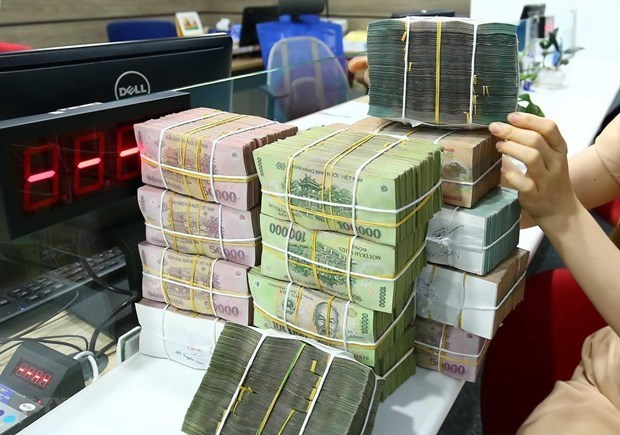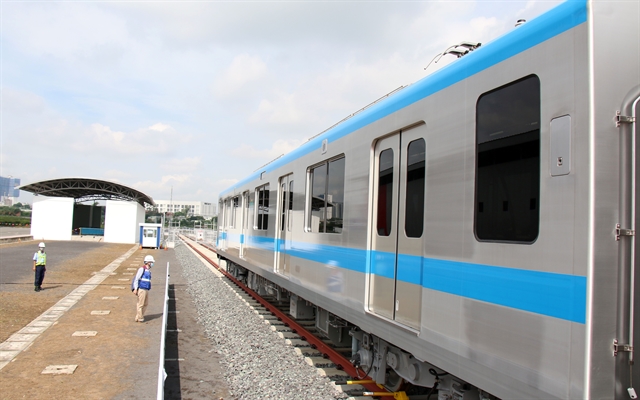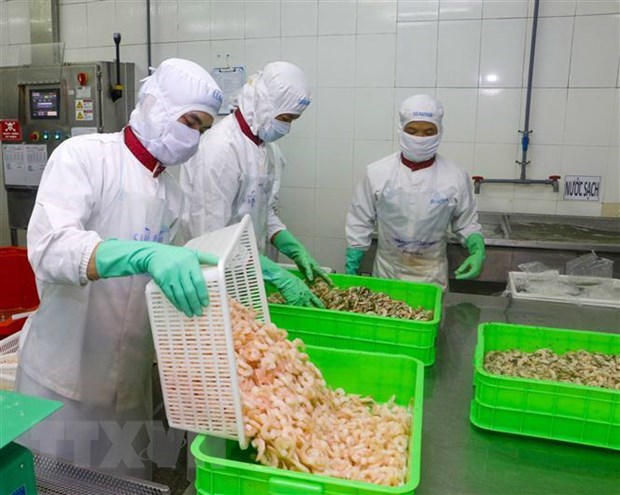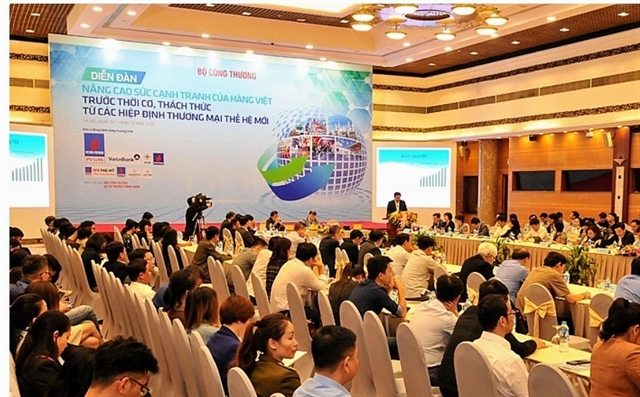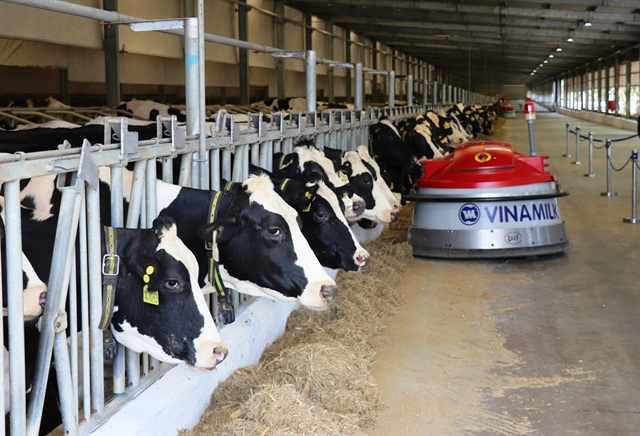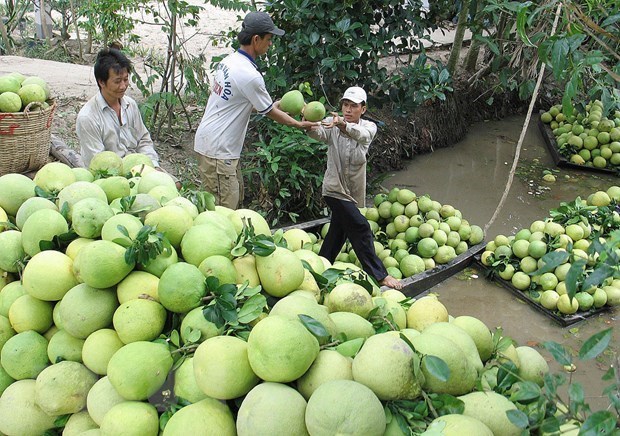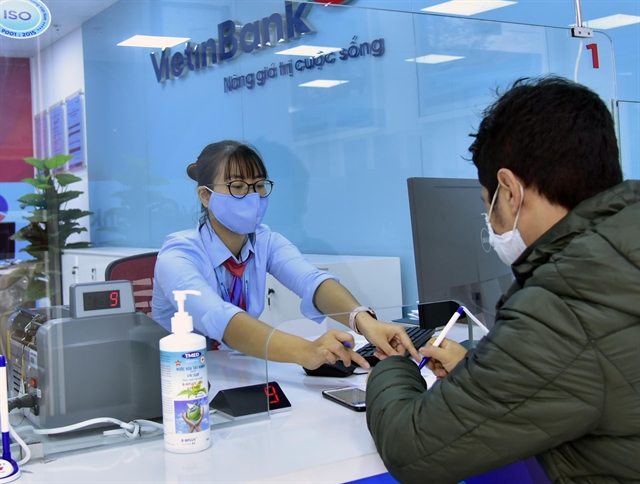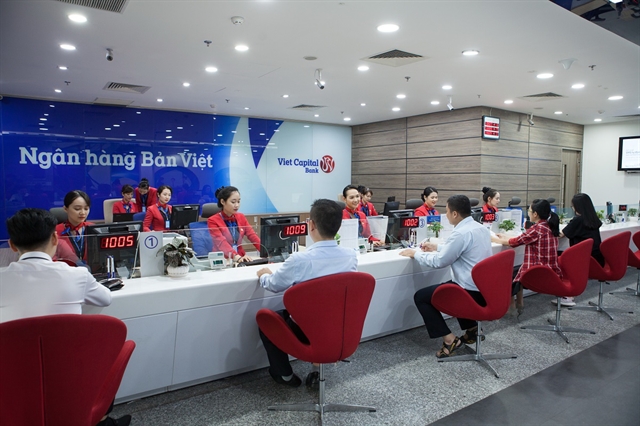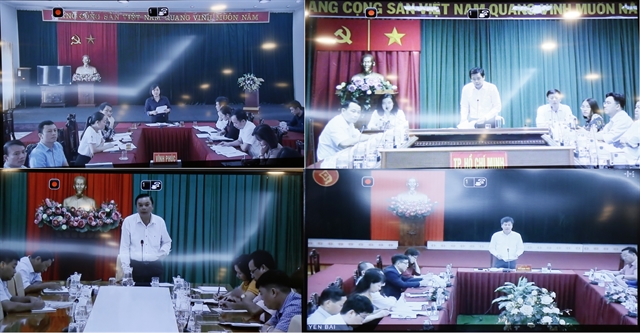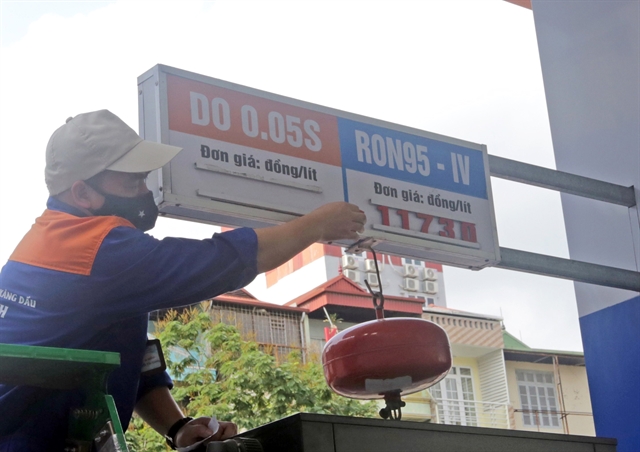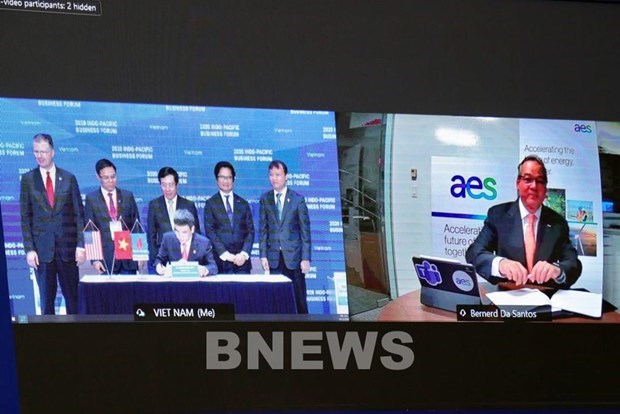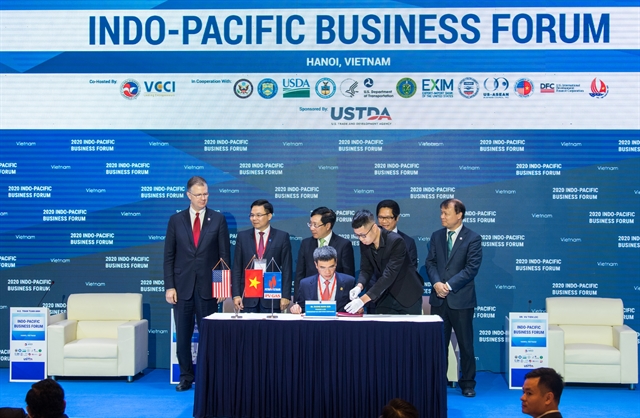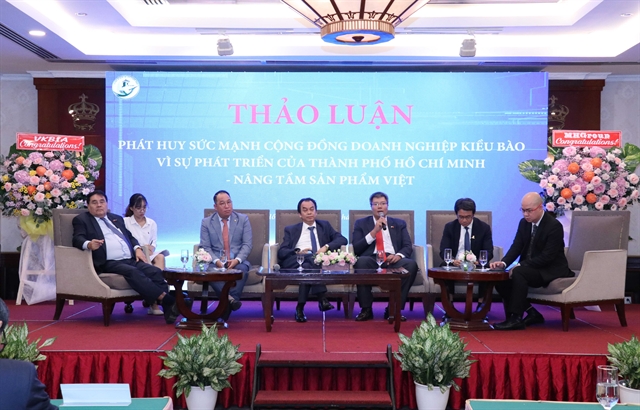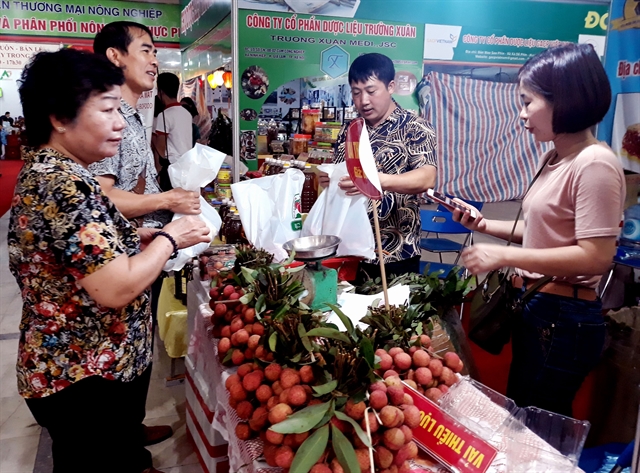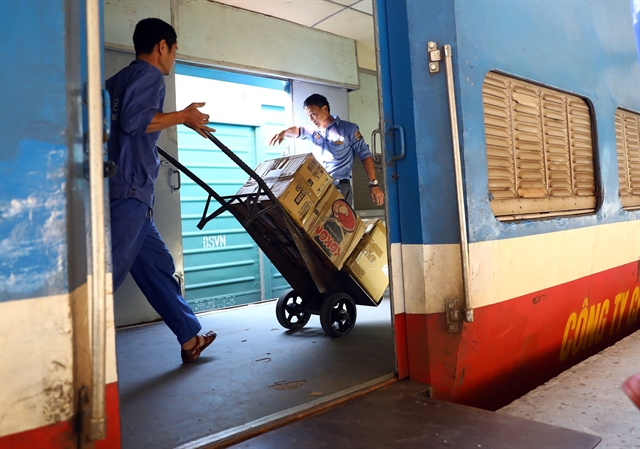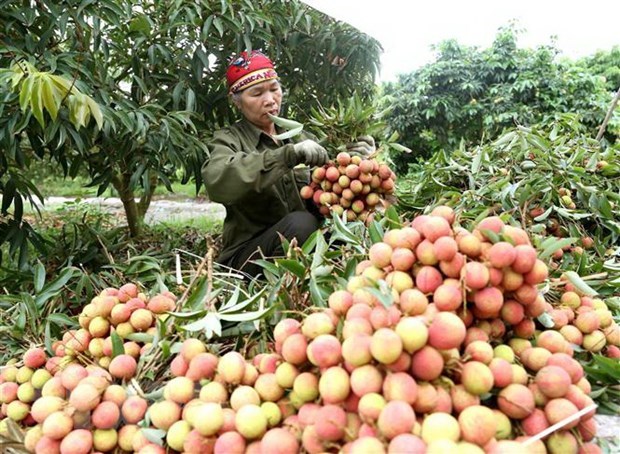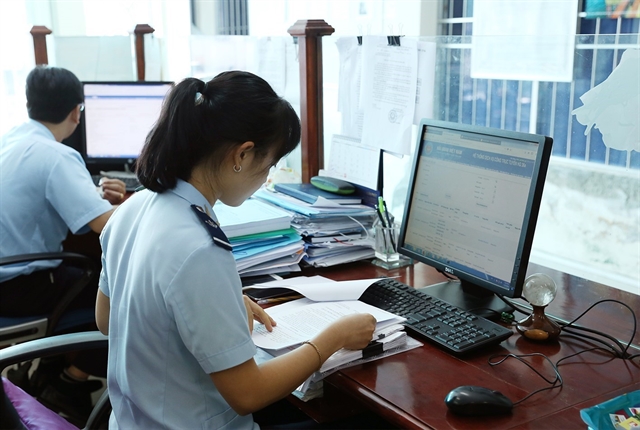
HCM CITY — A circular on new regulations for customs risk management will come into effect on January 1 next year to helping businesses comply with regulations and clear customs more easily.
Hồ Ngọc Phan, deputy head of the General Department of Customs’ risk management department, told a conference on October 28 that risk management has been developing quickly in recent years.
According to customs statistics, the volume of goods that need to be inspected physically dropped to 5.08 per cent last month (September) from 9.68 per cent in 2014.
In 2019 the Ministry of Finance sent Circular 81 with updates on policies on risk management procedures followed by customs to strike a balance between administration and easy trade.
Customs issued a decision in August this year to guide implementation of the policies.
Bùi Thái Quang, deputy head of the risk management department, said Circular 81 mandates changes such as the publication of risk management criteria used to evaluate business’ compliance with customs regulations (which used to be kept confidential) to help them avoid errors.
It introduced a wider categorisation system for business applicants and a new, more detailed system for categorising levels of compliance, and also adds new levels of risks, he said.
Nguyễn Minh Thảo, head of the business environment and competitiveness department at the Central Institute for Economic Management, said customs’ pioneering of a risk management mechanism could cause other sectors to do the same, improving Việt Nam’s investment climate.
Đặng Vũ Thành, deputy chairman of the Việt Nam Logistics Business Association, said Circular 81 modernises customs, the information gathered to evaluate compliance is being made more transparent, and businesses going through customs could receive help to be more compliant.
Alistair Gall, a senior expert in trade facilitation for the USAID Trade Facilitation Programme, said Circular 81 helps improve customs’ capabilities such as in dealing with transactions, declarations and businesses that are deemed as high risks.
But for it to be effective, businesses need to co-operate and voluntarily comply, he added. — VNS
